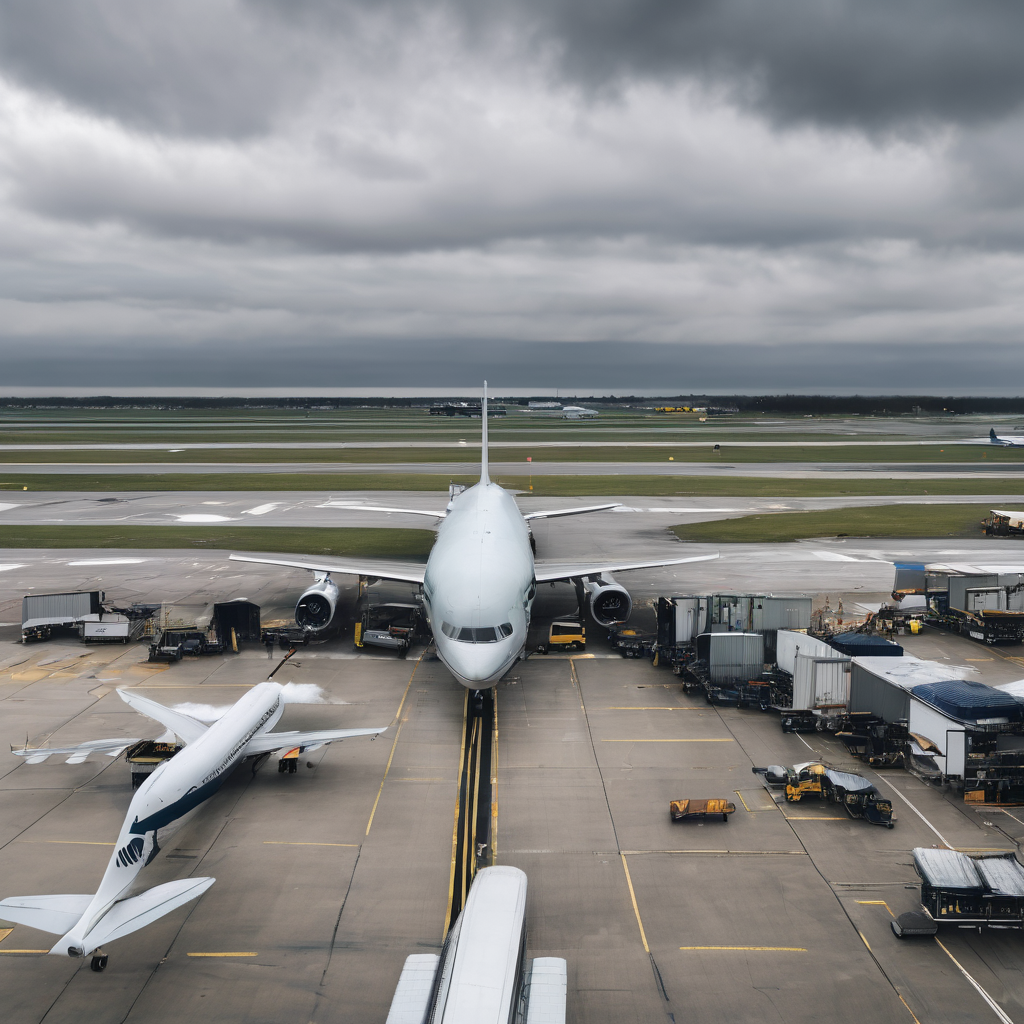Travel disruptions have created chaos across the U.S. today, impacting thousands of passengers as major airlines, including American, Air Canada, and United, report a staggering 70 flight cancellations and over 2,800 delays. The effects are felt in several key cities, including Kansas, Middletown, Atlanta, New York, and Orlando, leading to significant travel difficulties for those relying on connections.
Among the airlines, American and United are experiencing the greatest challenges, with numerous delays affecting both domestic and international routes. Additionally, Air Canada and Cathay Pacific are also reporting significant delays, compounding the frustration for travelers in these regions. While Republic and Contour have fewer disruptions, they contribute to the overall struggle faced by passengers trying to manage their travel plans.
In a detailed analysis of the day’s travel disruptions, various airports reveal different reasons behind the delays. For instance, Austin-Bergstrom International Airport is experiencing ground delays attributed to unspecified issues, with an average waiting time of 37 minutes. Dallas Love Field is under a ground stop due to airspace congestion, which prevents incoming flights from landing, impacting the flow of air traffic significantly.
Several major airports are at the center of this disruption. Chicago O’Hare reports 230 delays and nine cancellations, while Newark Liberty is seeing 228 delays alongside nine cancellations. Hartsfield-Jackson Atlanta International Airport, the busiest in the nation, has recorded 181 delays and seven cancellations. Travelers at New York’s John F. Kennedy International Airport are also facing 141 delays and eight cancellations.
On the airline side, Southwest Airlines has the highest number of delays today, tallying at 432, followed by American Airlines (280) and Delta Air Lines (239). Though cancellations remain relatively low, ongoing disruptions mean passengers should remain vigilant.
Travelers affected by these delays and cancellations are encouraged to take proactive steps to minimize their inconvenience. Checking flight statuses frequently through online platforms and signing up for alerts can help inform passengers of any changes in real-time. Staying in touch with the airline is crucial, especially for rebooking options in the case of cancellations, as many carriers are implementing flexible policies during this turbulent period. Passengers should also consider alternative routes when necessary and plan to arrive early at the airport to account for potential delays in security and check-in processes.
While travel disruptions can be frustrating, they often present opportunities for flexibility and alternative travel experiences. By staying informed and prepared, passengers can navigate through the challenges of air travel, turning potential inconveniences into manageable ones as they work towards reaching their destinations.
